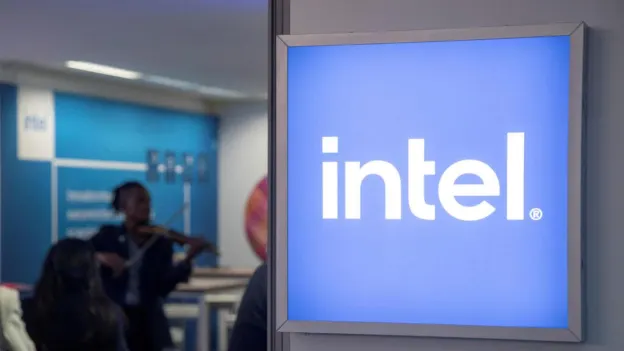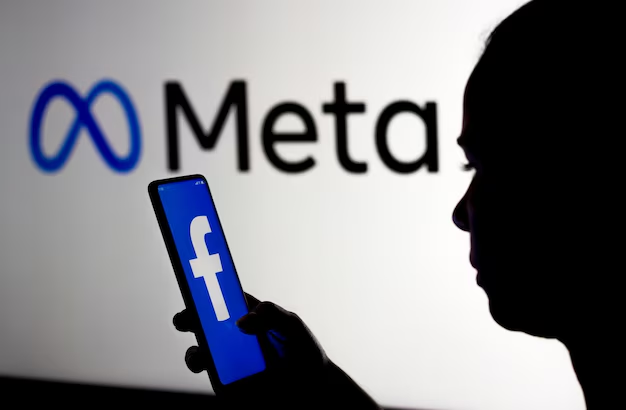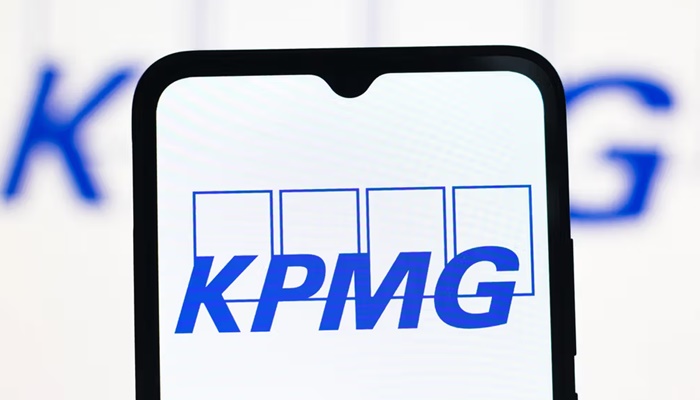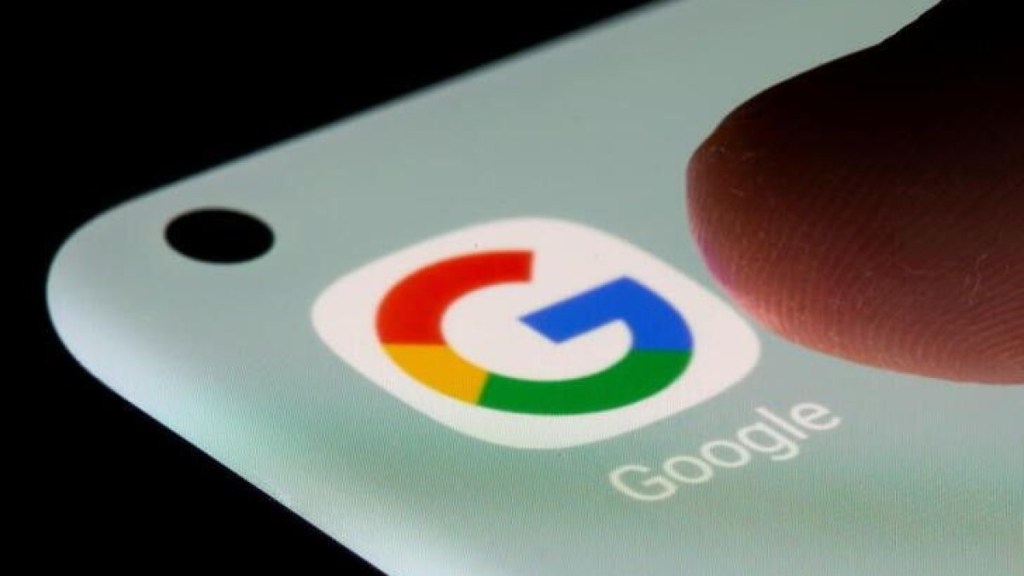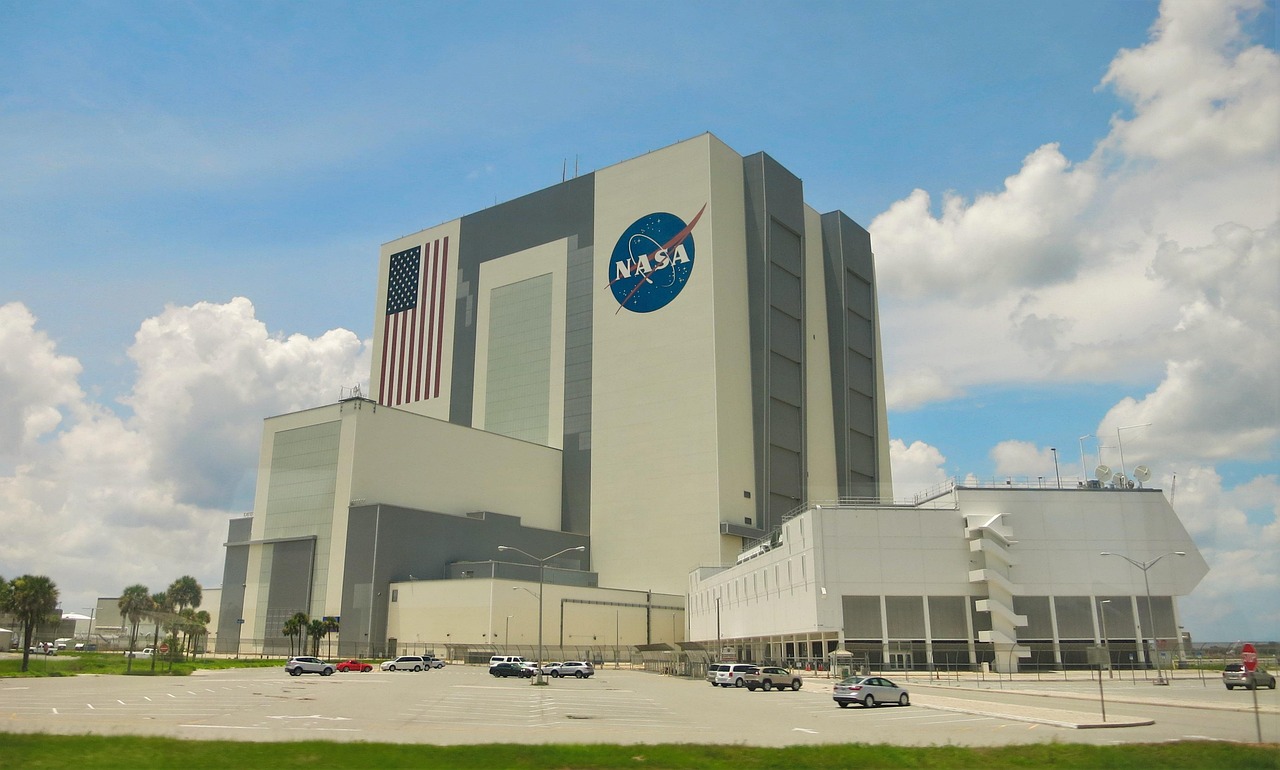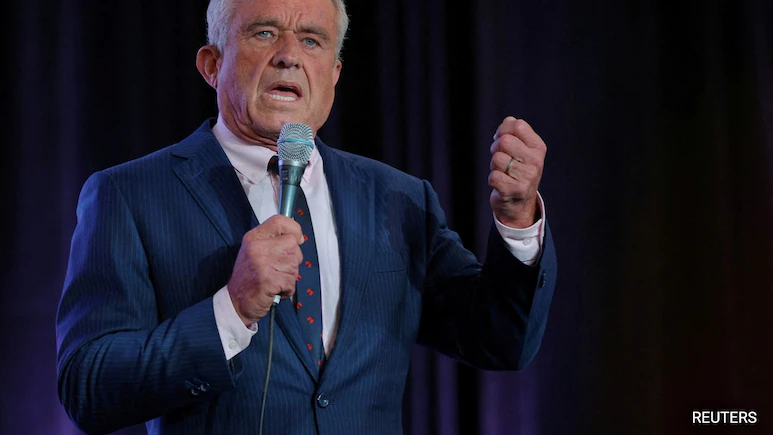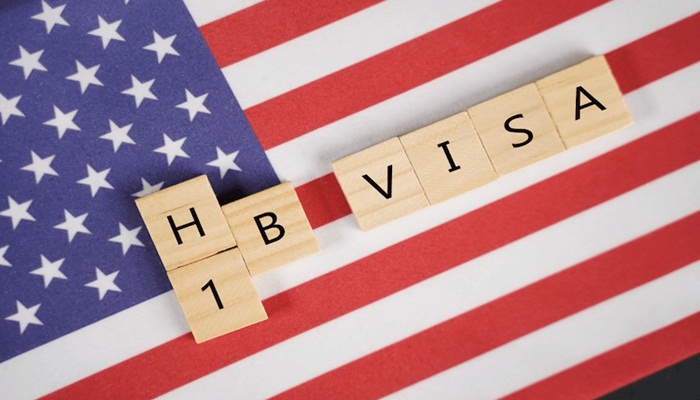According to the proposal, US firms must pay H-1B professionals significantly more than the market rate.
The proposed minimum wage mandate for H-1B visa holders could potentially hinder US employers’ ability to employ foreign-born scientists and engineers. (FE Online)
The US is taking steps to ensure American employers hire local workers rather than foreign talent. A new study by the National Foundation for American Policy shows that mandating minimum wages for H-1B visa holders could threaten the ability of US employers to hire foreign-born scientists and engineers. This H-1 B wage restriction could be debated in Congressional Immigration Legislation.
The proposal requires US employers to pay far higher than the market wage for H-1B professionals, including by mandating a standard called the “median local wage”. The proposed changes could potentially hinder employers’ ability to employ highly skilled foreign nationals and potentially deter many international students.
The issue could be crucial if Congress tackles legal immigration reforms this year, as indicated by House Judiciary Committee Chair Jim Jordan.
An amendment offered in January 2025 by Sen. Bernie Sanders (I-VT) to the Laken Riley Act exemplifies the effort to price recent foreign-born graduates with limited work experience out of the U.S. labor market.
If passed, the amendment would have required employers to pay over $80,000 a year, more (a 72% increase) than under current law for a recently graduated software developer. Currently, the general threshold for an H-1B visa is an annual salary of $60,000 regardless of your occupation, work location, and job level.
The Senate did not vote on the amendment. The most likely outcome of mandating vastly higher salaries for foreign-born professionals is not more jobs for U.S. workers but companies sending more work out of the United States.
The initial H-B registration period for the FY 2026 H-1B cap began on March 7 and closed on March 24, 2025. USCIS intends to notify prospective petitioners and representatives whose accounts have at least one registration selected by March 31. If selected, the beneficiaries can start the petition filing process.
Back in 2017, Alexander Acosta as the US Labour Secretary that time, had called for increasing the minimum salary of foreign workers on H-1B visas, the most sought-after by Indian IT firms, from the existing $60,000 to at least $80,000.
The H-1B program allows companies and other employers in the United States to temporarily employ foreign workers in occupations that require the theoretical and practical application of a body of highly specialized knowledge and a bachelor’s degree or higher in a directly related specific specialty (or its equivalent) as a minimum for entry into the occupation in the United States. H-1B specialty occupations may include fields such as architecture, engineering, mathematics, physical sciences, social sciences, medicine and health, education, business specialties, accounting, law, theology, and the arts.
Source:



